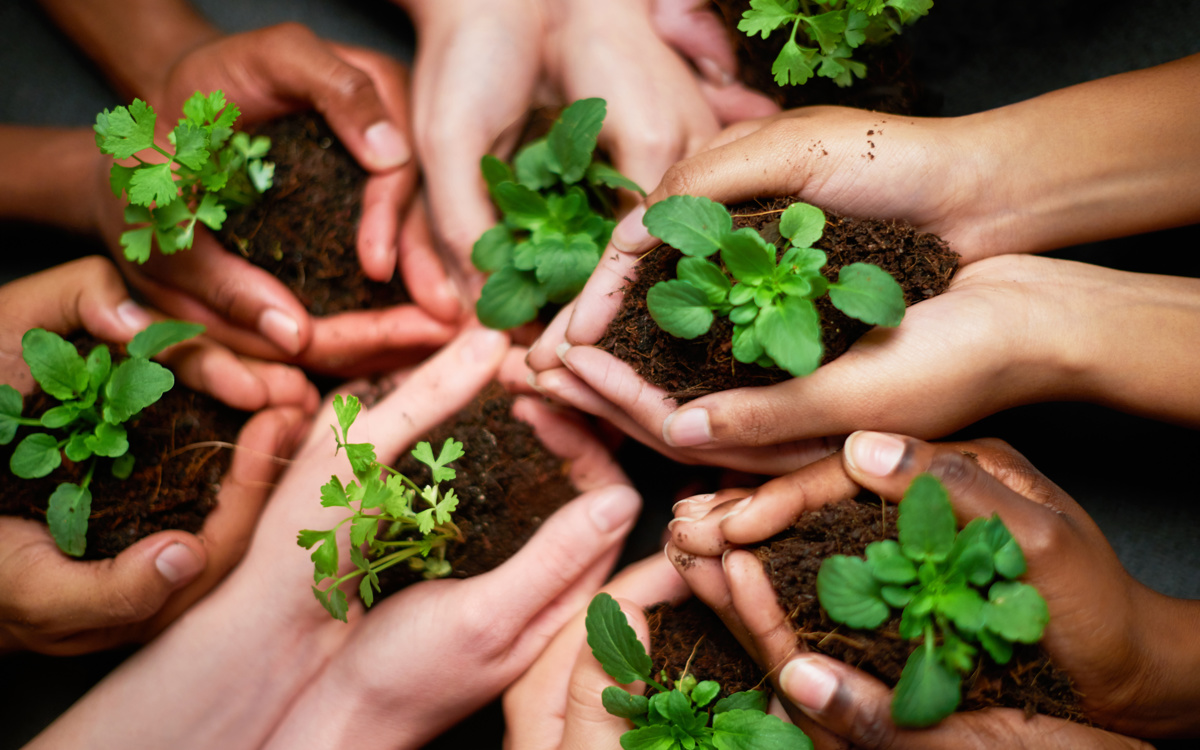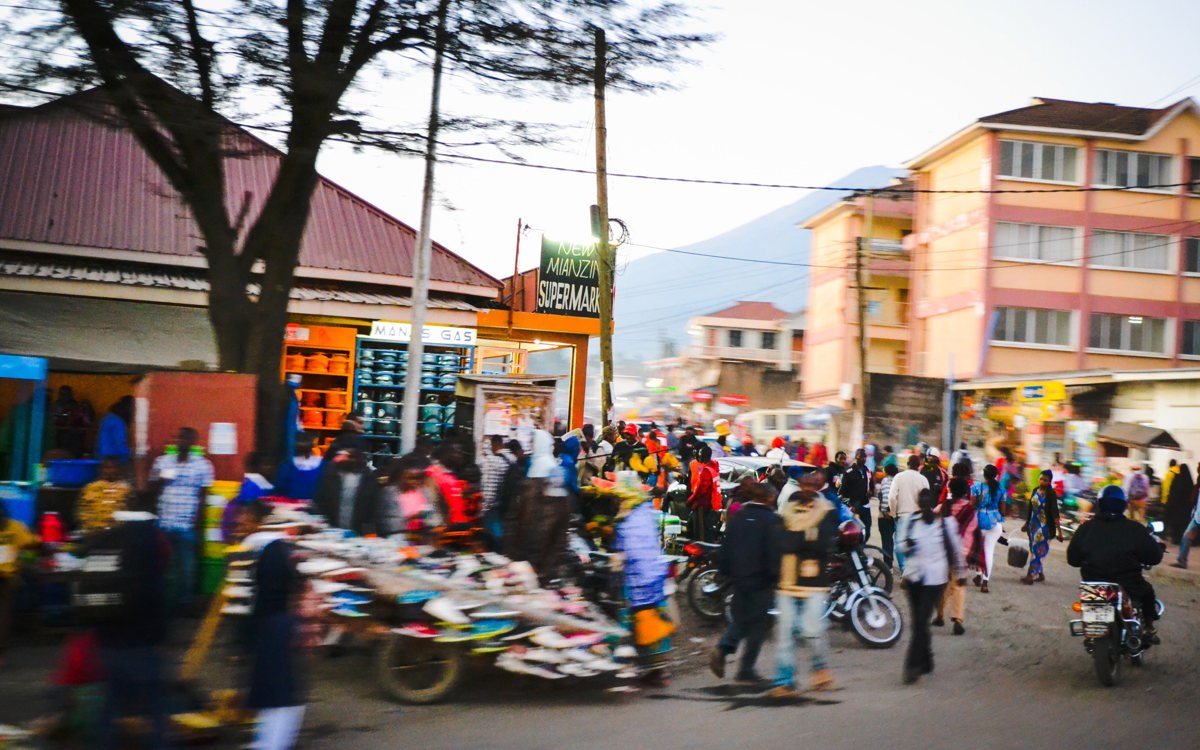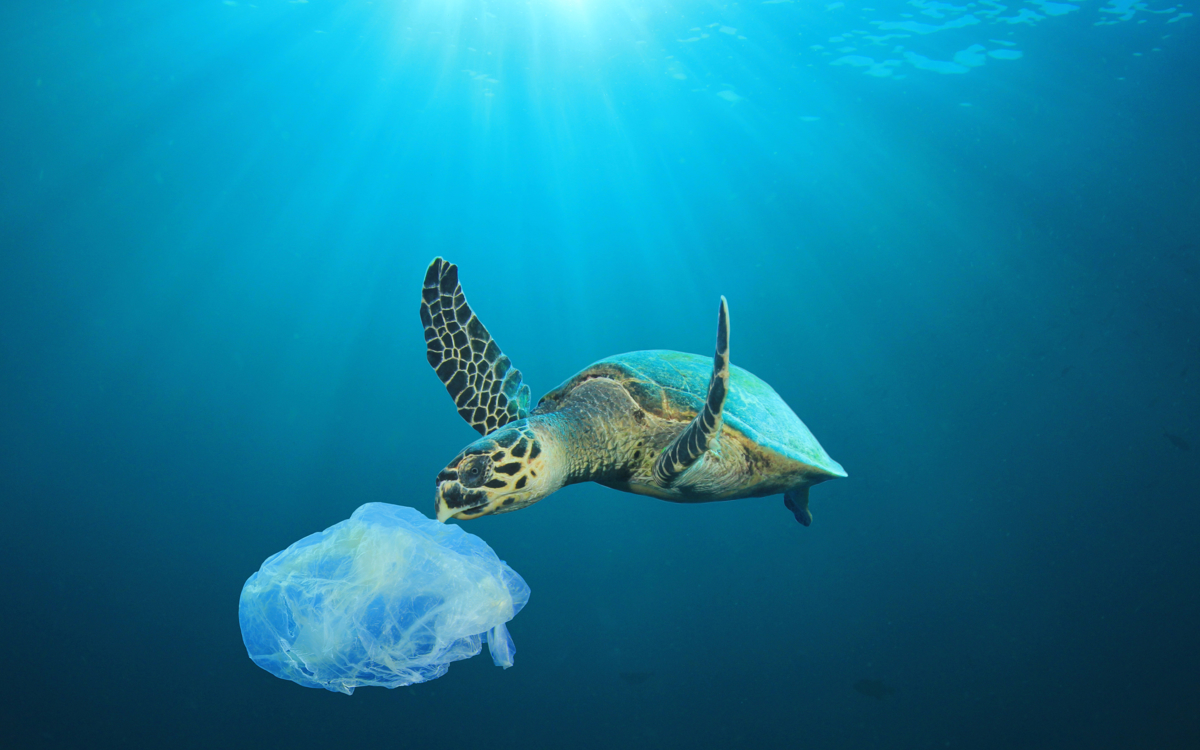
Following two postponements, the Commonwealth Heads of Government Meeting (CHOGM) 2022 returns on 20-25 June 2022 in Kigali, Rwanda.
CHOGM brings together delegations from 54 nations from Africa, the Caribbean and Americas, Europe, Asia, and the Pacific to reinforce multilateral cooperation, explore new opportunities, and tackle common challenges for the well-being of future generations.
As an accredited organisation, the ACU will is sending a delegation to CHOGM where we will be championing higher education’s critical contribution to sustainable development, outlining policy priorities for higher education, and shaping the agenda on behalf of our members across the Commonwealth.
The week of events at CHOGM will include high-level meetings of Commonwealth leaders followed by four stakeholder forums, ministerial meetings, side events and other activities that the ACU will participate in. Full details on the ACU's contributions to CHOGM 2022 can be found on this page.
Throughout the week we will be highlighting the ACU’s work in the area of sustainable urbanisation, climate resilience, the blue economy, digital and blended learning and international mobility. Discover how the ACU and our members are supporting higher education’s vital contribution to sustainable development below.
Queen Elizabeth Commonwealth Scholars are actively solving global challenges, driving change in their communities, and collaborating to secure sustainability in the future. In this video, Margaret McDonald and Simon Kiongo share their experiences as Queen Elizabeth Commonwealth Scholars and how these scholarships have helped shape their crucial work addressing global challenges.


PEBL West Africa supports academics and students across 12 universities in Ghana and Nigeria to build sustainable capacity for blended learning through expert-led training, collaboration, and the development of quality-assured, credit-bearing blended courses. With the support of the Australian Department of Foreign Affairs and Trade (DFAT), the ACU is leading this capacity strengthening programme building on the successful PEBL pilot programme in East Africa.

Launched in 2021, the ACU and the British Council have partnered to establish the Commonwealth Futures Climate Research Cohort, supporting 26 rising-star researchers to bring local knowledge to a global stage, by building international collaborations and working with experts to influence issues related to climate and environment in their communities and beyond. At CHOGM the ACU will also be hosting a workshop at the Commonwealth People’s Forum, exploring research priorities in the design of a new Commonwealth Futures Climate Research Cohort programme.


We are a proud partner of this call to action, asking for greater priority to be given within the Commonwealth on sustainable urbanisation; for a closer multi-sectoral and multi-disciplinary collaboration by all stakeholders; and to invite those working in the field of sustainable urbanisation to support the initiative in the run-up to CHOGM.

To boost cutting-edge research on marine plastics pollution and reduction, between 2018-2021 the UK Department for Business, Energy, and Industrial Strategy (BEIS) and Waitrose & Partners provided funding for two phases of the ACU Blue Charter Fellowships Programme, supporting a total of 48 outstanding talents in the field to produce research, build knowledge exchange skills, and translate their knowledge into action. The ACU is currently working with The Commonwealth Secretariat on a proposal to develop new Living Lands Charter Fellowships.


The ACU is partnering with the Government of Antigua and Barbuda and the University of the West Indies (UWI) to support the development of a Centre of Excellence for Oceanography and the Blue Economy at UWI’s recently established Five Islands Campus.

Our Higher Education and the SDGs Network is a forum for all university staff and students at ACU member universities who are directly engaging in the Sustainable Development Goals (SDGs) agenda. The network aims to facilitate peer learning, through sharing knowledge and good practice, discovering potential avenues for collaboration and partnerships, and sharing different approaches to how universities are engaging with the SDGs.

